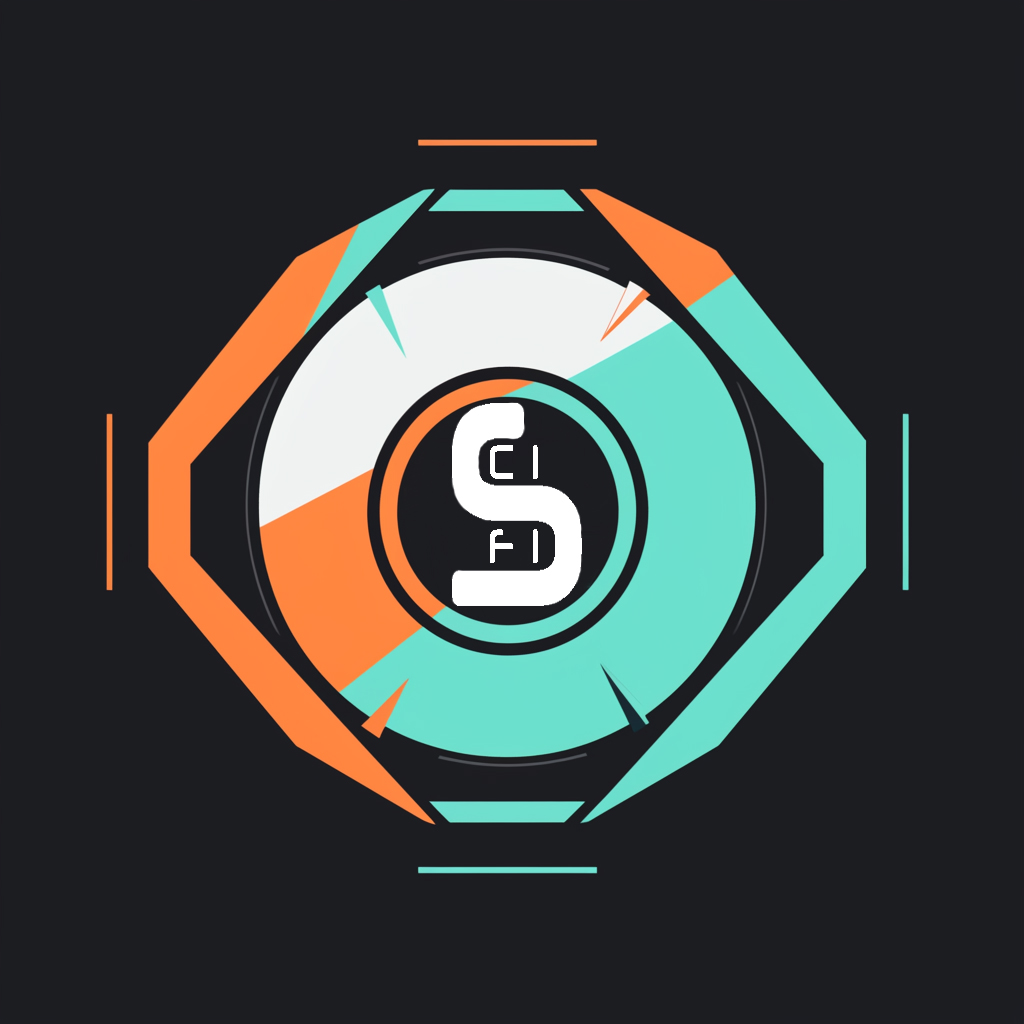

Why stop at 7? There are so many more good ones:
- Mad Max
- The Running Man
- Dark Tower (Steven King books)
- 1984 (book)
- Soylent Green
- Elysium
- District 9
- Robocop
- Altered Carbon


Why stop at 7? There are so many more good ones:
History major here. Man, this one hurts.


There is conflicting data on the outcome of marijuana with pregnancy around the effect on birth weight and potential for preterm labor. To be clear: marijuana is not recommended in pregnancy.
The point I was trying to draw was between fetal alcohol syndrome, which is potentially devastating and the evidence is conclusive.
But your point is valid. I will update the post.


Alcohol
Marijuana
It should be descheduled completely.
Edit: updated pregnancy info


I am also waiting to see what comes of the difference in memory sizes between Cleon I and the clones. What is being edited out of their memories? Is Demerzel the caretaker of this (assuming this was Cleon I’s design). Or, is Demerzel playing the long game. I suspect she may be behind the genetic tainting of the line and perhaps even the assassination attempt.


Tellem and the Emporer are not dissimilar when it comes to the ruthless way they are enacting their vision. This is reflected in the hand gesture that Tellem Bond uses to incapacitate Salvor (not sure it actually killed her). Almost identical to how Empire gives the command to execute someone.
For those wondering about nuclear options, Wired did a nice write up recently.


deleted by creator


Right now US privacy laws aren’t compatible with one overarching centralized healthcare record.
Short of that, however, would be an interoperable system. Epic, which is the largest US medical record system, allows for different facilities on the same platform to share information. It is up to the specific facility if a records release is required. Most systems in a given region will have that worked out ahead of time and build it into their general consent for treatment (a form everyone signs). It works quite well. Where I practice, I am able to get all the information I need from across the country, assuming they are on the same platform at the time I am seeing the patient.
For other platforms, it’s more mixed. Federal law requires certain interoperability, but it is fairly limited and not real time. Generally it involves a flash drive with the info on it.
As for the comment about changing platforms in a similar system, that is a struggle. Hospitals are required to keep patient information forever. When they first started going up on electronic systems, they only went back so many years as the scanning costs were huge. As time has moved forward, many systems are bringing all the information over to the new system so they don’t have to maintain more than one electronic system for archive purposes.
Source: I am a physician and chief medical officer.


Physician and Chief Medical Officer here. I started my practice on the tail end of paper records and I have been through, and led, several different renditions of electronic medical records. Like any other software, the technology has evolved and matured over the last 20 years. Electronic Health Records are just about patient information anymore either. They incorporate patient info, clinician orders, billing, and also provide numerous cross checks and safety systems to improve patient care.
The article discusses the issue with digitizing handwritten notes. This is always problematic as they are not searchable, indexed, etc. and can be very difficult to work through. The system where I work has been on the same medical record system for over 10 years. This provides an efficiency that I didn’t have when I was working in a paper system. The entire chart is searchable. Medical history sections are filled out and robust.
From a safety perspective, these systems give us so much more than we had. One prime example is bedside scanning. When a nurse administers a medication in a hospital environment the medical record plays a pivotal role. As a physician I enter and order for a medication. If there is an allergy, medication interaction, or a host of other things, the system will alert me to it before the order is signed. Once signed, the order then goes to a pharmacist to review and approve. The patient’s nurse will then be notified of the order and be able to pull the medication from an integrated medication storage unit with multiple drawers and compartments to ensure the right medication is taken. Finally, the nurse must use the EHR to scan the patient’s armband and the medication barcode. If there is any discrepancy, the medication is not given until the issue is resolved.
From a user perspective, I can now create notes and write orders faster than I could in a paper world, even with dictation. Most docs use a combined template/voice recognition approach which works well. There has been a great deal of work in the Epic world (one of the largest EHR systems) to increase efficiency and improve the user experience.
Are these systems perfect? Far from it. But things are better now, at least where I work, than this article makes it seem.


Clicking on links takes you to the article (with a new tab option) instead of the comments section for Kbin. It feels too redundant and inefficient in its current form.


Does this mean my bootstraps aren’t enough?


Did someone throw the boy from the ferry?


Taxpayers spent over $1 Trillion on the PPP program, of which, $200 billion is thought to be fraudulent. Another case of only corporations get socialism in the US.
Time to pull out the papal infallibility card.